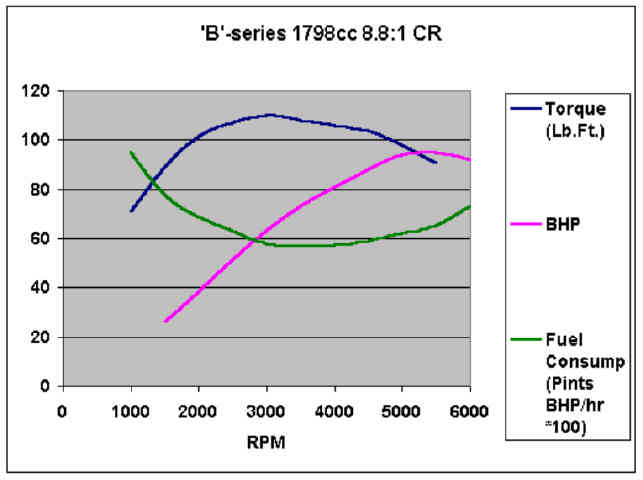Borachio
Way past lunacy
- Joined
- Jan 31, 2012
- Messages
- 26,698
Where possible I accelerate foot-to-the-floor in second gear to get up to the desired speed (jump to third to keep accelerating past 80kph), then skip-shift to top gear once I'm at speed, as I was taught by my instructor when I was learning. I was told this method of rapid acceleration in a low gear to cruising speed is the most fuel efficient because you spend less time on the accelerator pedal and use your revs more effectively.
The AA don't agree.
http://www.theaa.com/motoring_advice/fuels-and-environment/drive-smart.html
Easy does it: drive smoothly, accelerate gently and read the road ahead to avoid unnecessary braking
Change up earlier: don't labour the engine but try changing up at an engine speed of around 2,000 rpm in a diesel car or around 2,500 rpm in a petrol car. This can make such a difference that all cars in the future are likely to be fitted with a 'Gear Shift indicator' light to show the most efficient gear change points.
Now. I don't say the AA are right. But their rule of thumb doesn't agree with what your post suggests.
'Course, one of the most fuel efficient things to do is coasting in neutral. But for some reason people, and the AA, tell me I don't have full control of my vehicle if I do this. I think they're mistaken. Doing a lot of coasting involves a lot of reading the road well. And figuring out the down hill bits. As well as paying close attention to what's coming up behind you, so you don't annoy them.



